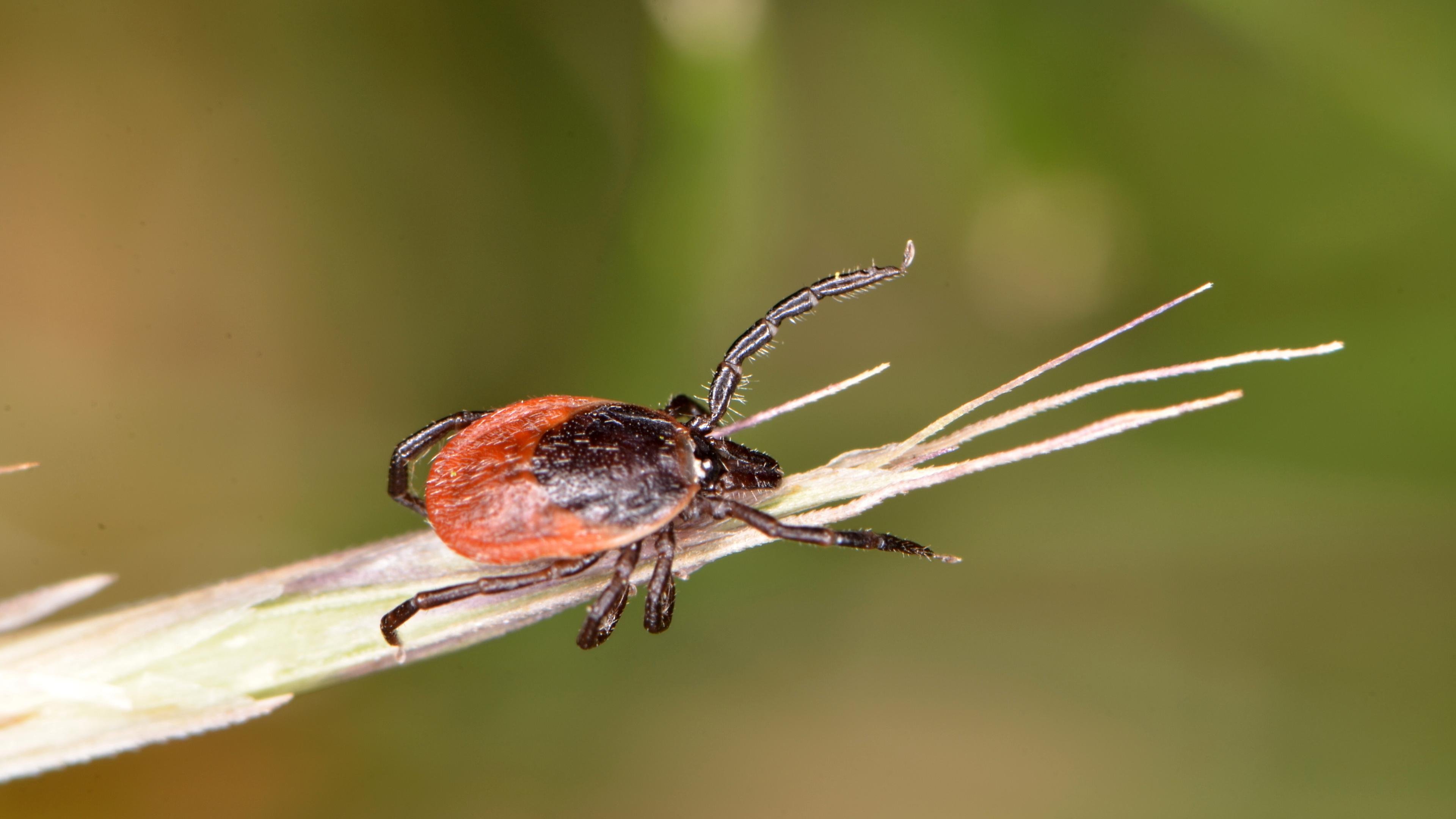Microbiologist: « Ticks don’t jump on humans »

One of the world’s leading tick researchers has cleaned up with myths around the little parasite. Wooden bowls and their relatives would not actively jump on people, said specialist Gerhard Dobler of the “Mittelbayerische Zeitung” (Friday). The parasites could only bridge a few centimeters. They also did not drop by trees, but saw in the grass or in bushes and were stripped off from a height of no more than one meter.
Only a few breaths a day
Dobler teaches at the Bundeswehr Institute for Microbiology in Munich and advises the Robert Koch Institute. According to the infection specialist, ticks do not have a head that could get stuck in the skin after removing. The small animals only had a pitcher. The doctor advises to leave it in the skin. « The body repels it by itself. »
The specialist rated the use of oil or glue to suffocate ticks as a bad idea. Wooden bowls only breathed a few times a day, and they could survive under water for up to two weeks. « Substances such as oil or glue irritate the tick. This enables them to add more pathogens to the wound. » As the most important protection against complications, Dobler recommends a tetanus vaccination.
Borreliosis protection vaccination at the earliest 2026
When you stay outdoors, you should carry long, light pants and put your pants in your socks. The doctor, on the other hand, advises against large -scale defense sprays. Ticks should be removed as soon as possible and the puncture site should then be observed for around four weeks, according to the expert. Immediate redness is usually a harmless allergic reaction.
Hasenpest in Luxembourg: What does that mean for humans and pets?
It becomes critical when a so -called migratory blush spreads after seven days or more. This is an indication of borreliosis, which can usually be treated well with antibiotics. About 90 percent of the infections with these bacteria spontaneously healed. Unlike the TBE virus, borrelia could only be transferred from the intestine of the tick after 15 to 20 hours. « That is why quick distance is particularly important. » There will be vaccination against Lyme disease at the earliest in 2026.








